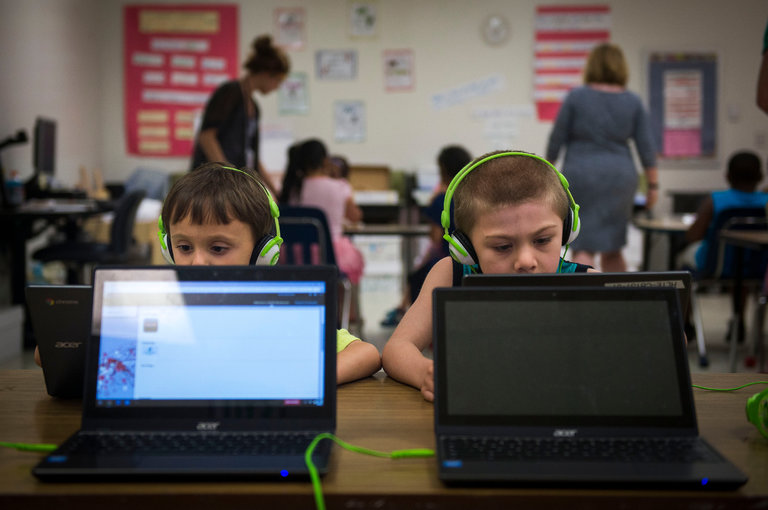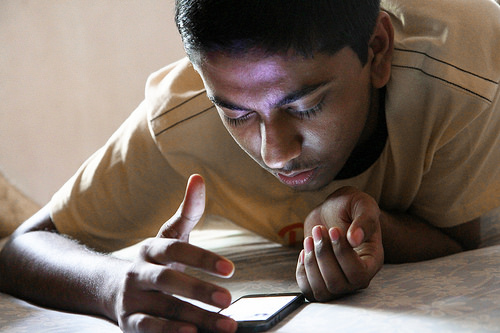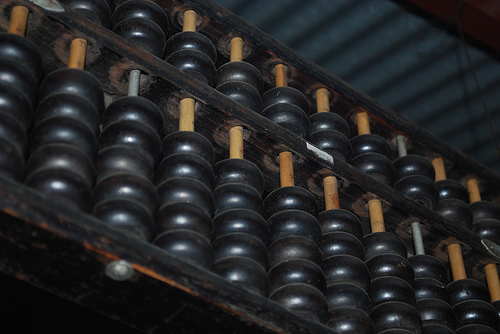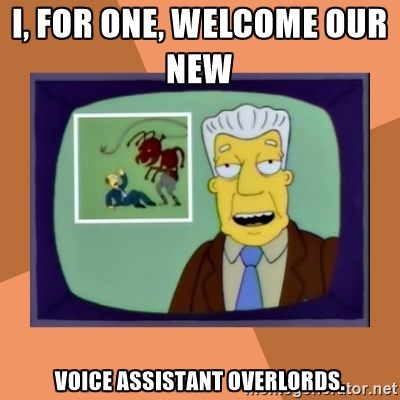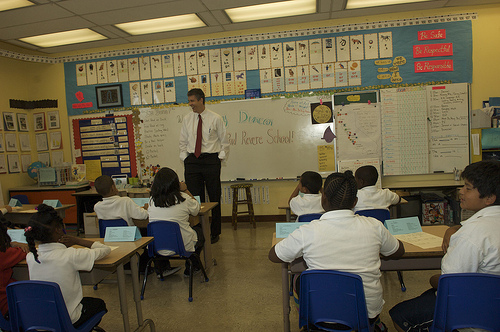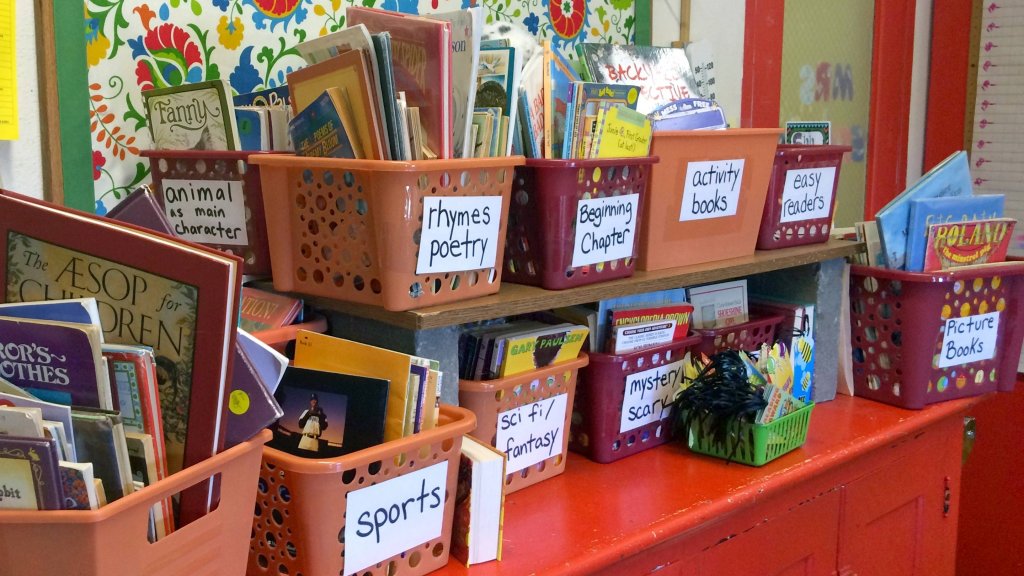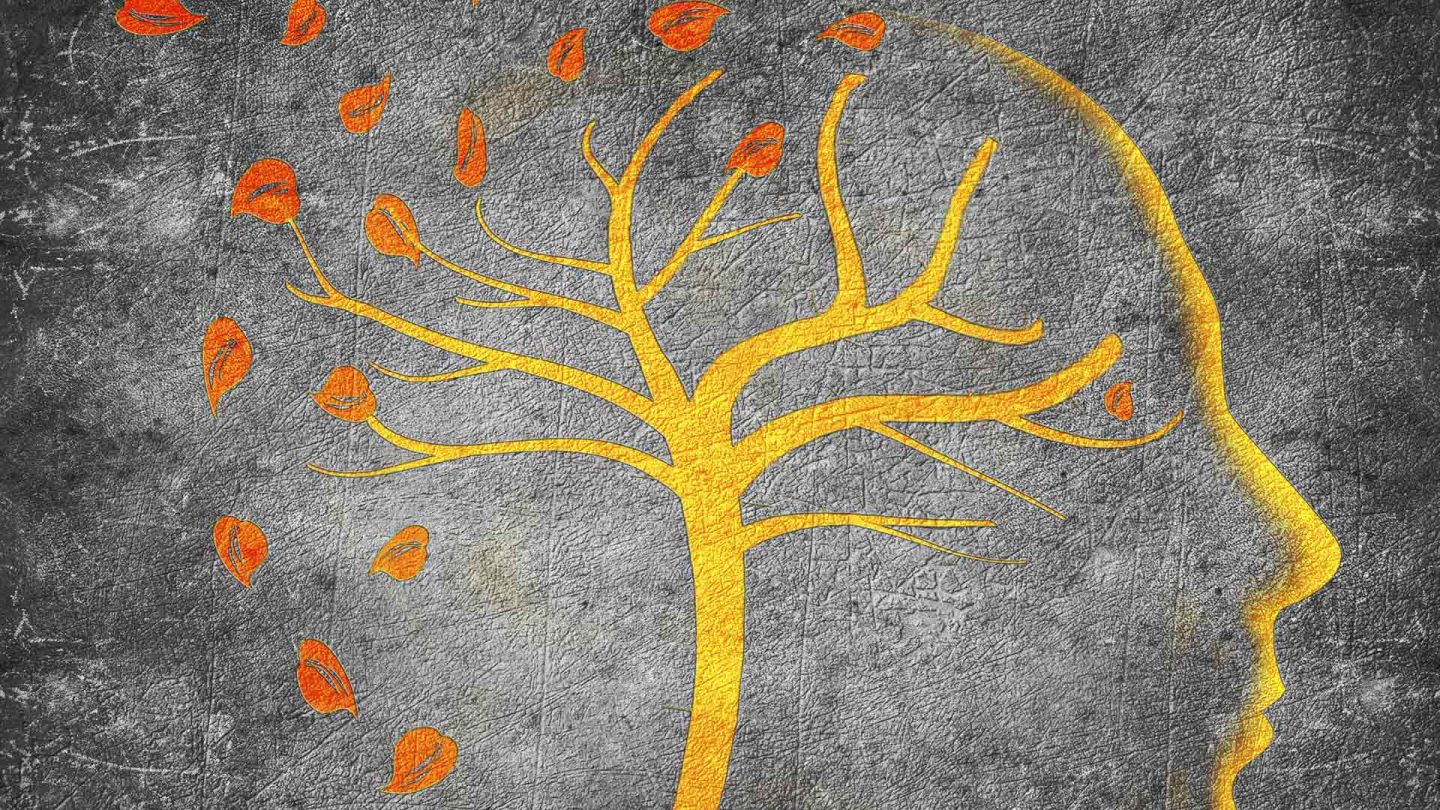A list of 10 iPad math apps for elementary students
Looking for some very good iPad math apps to use with young learners? Source: 10 Very Good iPad Math Apps for Elementary Students ~ Educational Technology and Mobile Learning Math is a subject that lends itself very well to math, giving students the ability to manipulate objects and ideas directly.


